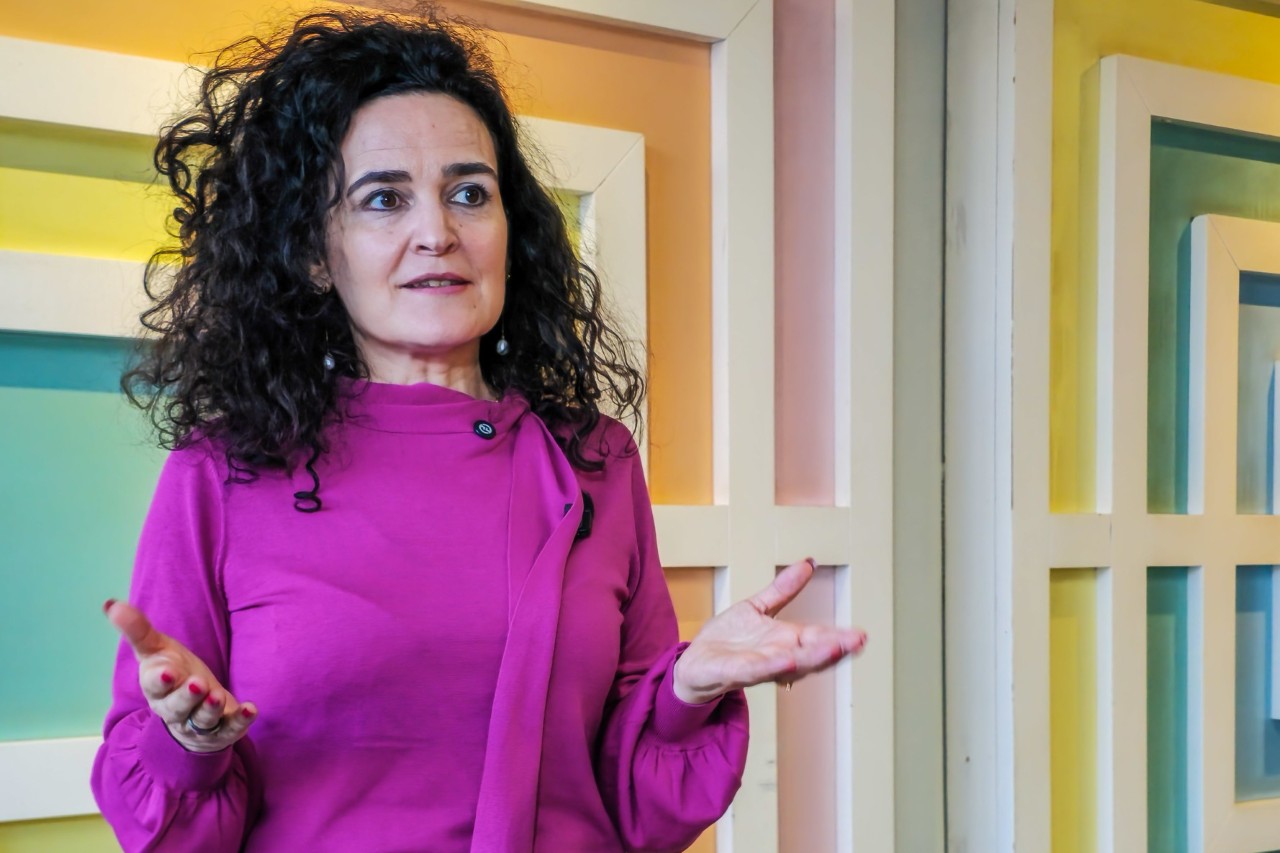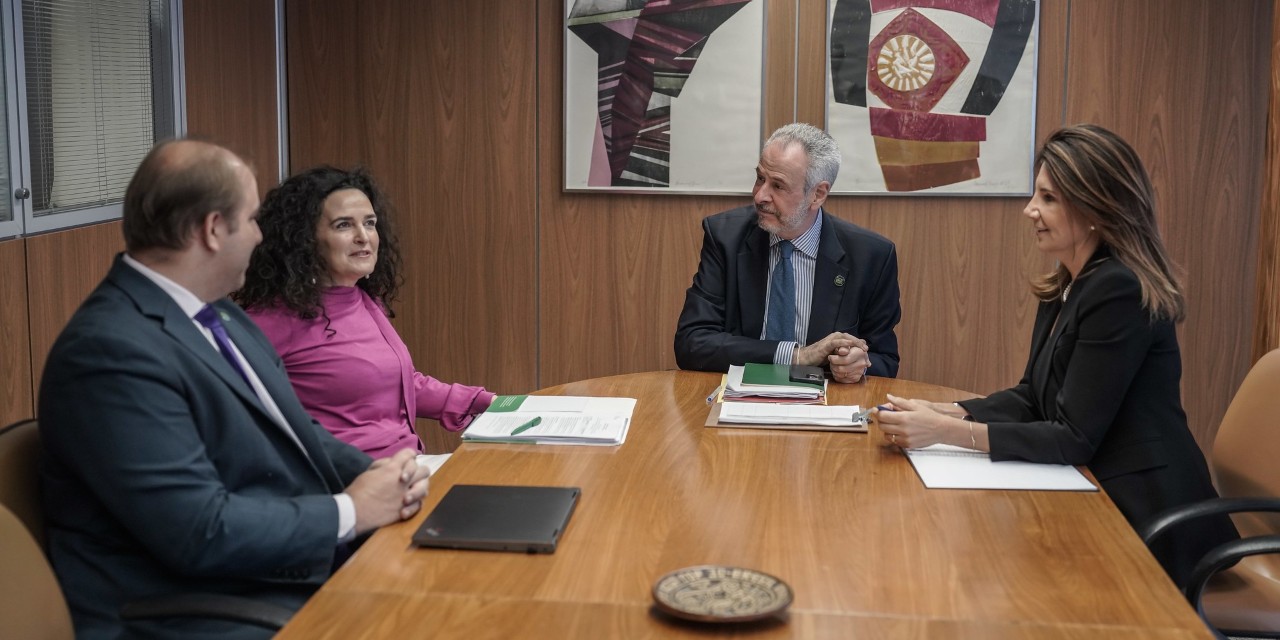GCF President Advocates a New Approach to Reach 1.3 Trillion Dollars for Climate
Mafalda Duarte points out that the main challenge of COP30 is to put climate agreements into practice and to consider new ways to encourage climate financing

By Mayara Souto | COP30
“If we want different results, we have to do things differently,” summarized Mafalda Duarte, executive director of the Green Climate Fund (GCF), about climate financing. According to her, COP30’s challenge—raising 1.3 trillion dollars to put climate action into practice—involves thinking of new ways to incentivize financial support, including green funds.
“Brasil’s primary challenge lies in generating the necessary political will and understanding that new instruments must be identified to effectively mobilize public resources, which are essential to leveraging private sector engagement,” Duarte stated in an exclusive interview with the COP30 website.
“While public funding remains crucial, national budgets alone will not be sufficient to finance our trillion-dollar goal. Private sector participation will be indispensable”
— Mafalda Duarte, executive director of the Green Climate Fund
In this regard, green funds serve as a means to utilize both types of budgeting to support initiatives that promote both climate mitigation and adaptation. The Green Climate Fund, for example, is the largest of its kind in the world—with investments in over 130 countries and a portfolio of 18 billion dollars.
“In institutions such as the Green Climate Fund, we play a catalytic role. The private sector can contribute to a certain extent, but there comes a point beyond which it cannot proceed—due to elevated risks, high capital costs, or the inability to provide long-term financing. We hold a fundamental position within this broader ecosystem of climate finance and support for developing countries,” the Fund’s executive director emphasized.
Duarte explained that concern for these countries remains paramount due to their vulnerability to extreme events caused by climate change. This vulnerability stems, in part, from persistently low levels of investment in infrastructure.
“It is essential to thoroughly understand why the infrastructure investment gap is so critical. Infrastructure investments made today will last for 30, 40, or even 50 years. We cannot allow these new investments to be high-carbon and non-resilient ones,” she remarked.
Another issue highlighted by Duarte as requiring urgent attention is the inclusion of communities in climate discussions. COP30, for example, established the "Circle of Peoples" to incorporate the demands of Indigenous territories into climate negotiations.
“Historically, what occurs in climate financing — and also in development support funding — is that a significant portion of the resources fails to reach local communities—the most vulnerable, and those most exposed ones. As a result, there is now concerted international effort to promote principles such as locally led adaptation, meaning that adaptation efforts should be driven by local actors. All of this reflects acknowledgment of the reality: we have not done enough to ensure that financing reaches its destination,” she regretted.
Meeting
On Tuesday, July 16, the executive director of the Green Climate Fund, Mafalda Duarte, met with the president of COP30, Ambassador André Corrêa do Lago, and with the CEO of COP30, Ana Toni. The meeting focused on exploring how the Fund can align itself with the COP30 action agenda.

“We discussed not only how we could contribute to COP30, but also what we have already undertaken in Brasil to date, as well as our intentions for the coming years. Furthermore, we reflected on how we can learn from past experiences and the solutions currently being implemented—and envision a significantly more ambitious approach,” Mafalda Duarte stated.
The president of COP30 welcomed the visit of the representative from the Green Climate Fund and recalled the Fund’s pivotal role in the history of climate finance, as it originated from COP16 in 2010.
“The Green Climate Fund was a longstanding aspiration of developing countries—1 vision to establish a fund that would prioritize their needs and development agendas. Negotiating the Fund took several years. Now, under the leadership of Mafalda Duarte, we are witnessing a very positive evolution, a significant acceleration in the disbursement of resources, and a vigorous effort to mobilize additional funding,” stated Ambassador André Corrêa do Lago.
Translation: Michel Emmanuel Félix François (POET/UFC)
Proofreading: Enora Lessinger (POET/UFC)
